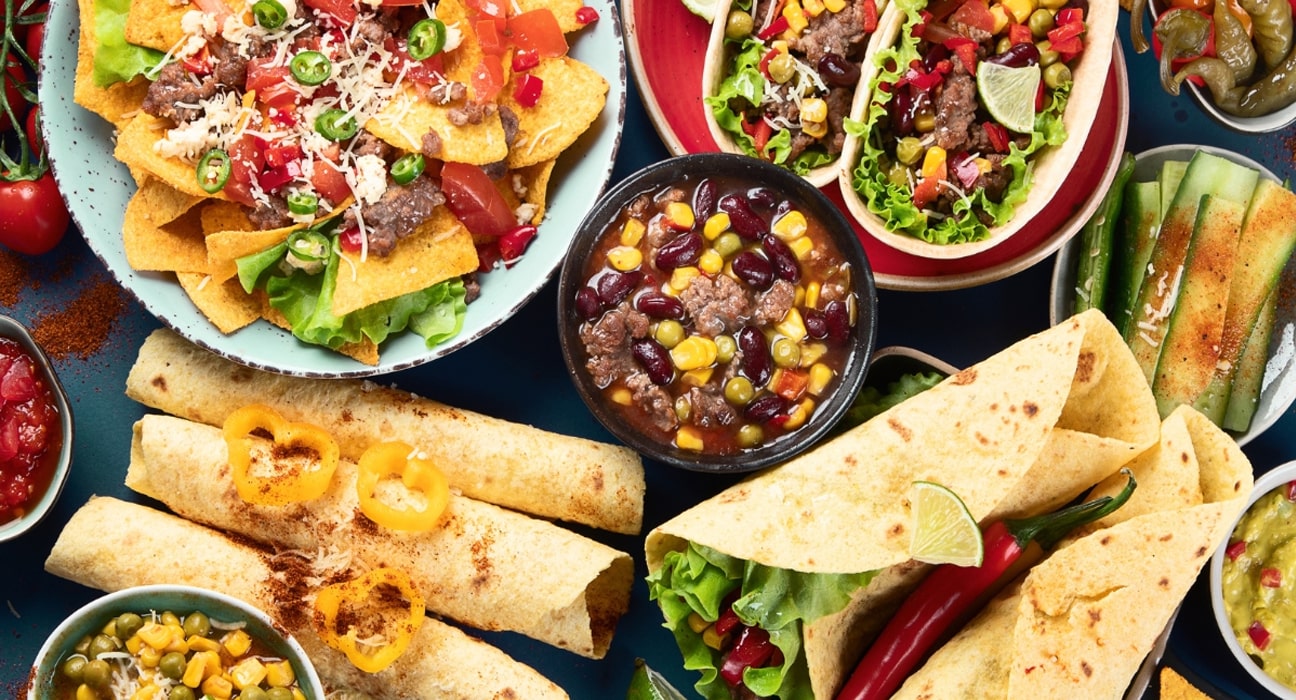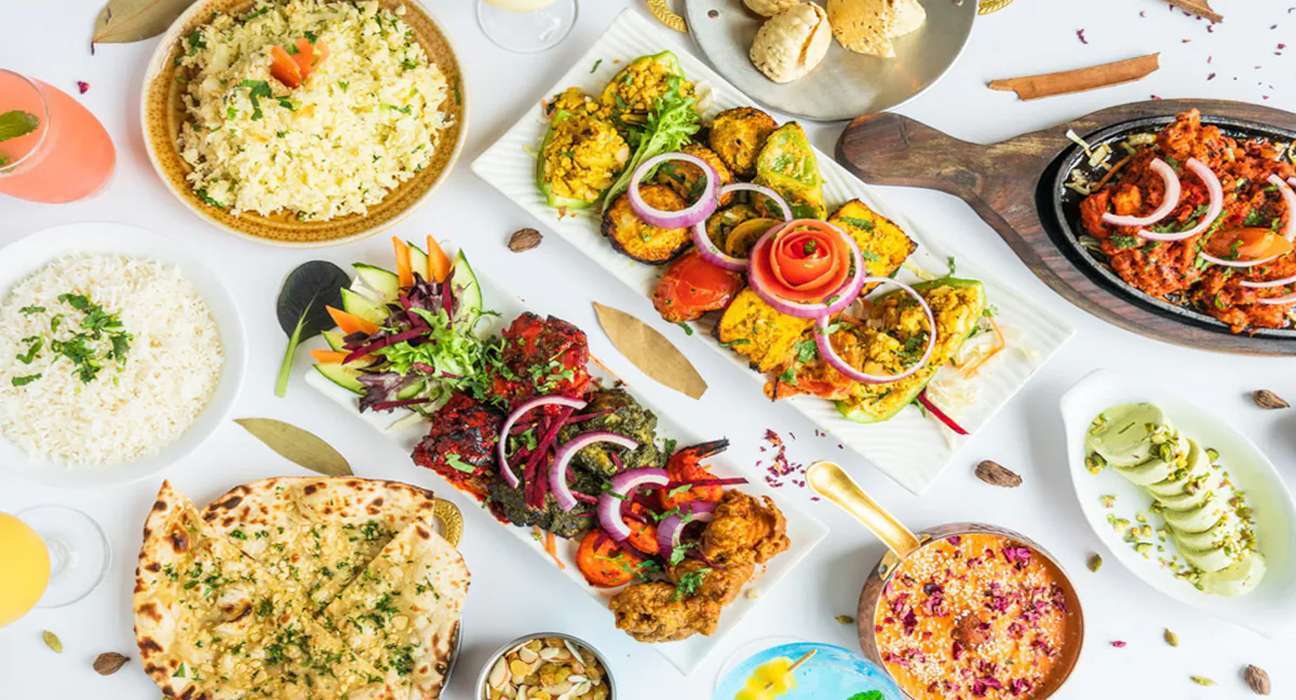The Culinary Journey: Exploring the World Through Food

Food is not just a means of sustenance; it is a tapestry rich with history, culture, and innovation. From the bustling street markets of Bangkok to the rustic vineyards of Tuscany, food offers us a way to connect, understand, and explore the world around us. This article embarks on a culinary journey, exploring how food shapes our identity, fosters community, and continues to evolve with creativity and sustainability at its core.
The Essence of Cultural Identity:
Each cuisine tells a story, a narrative woven through generations. Italian cuisine, with its emphasis on fresh ingredients and simplicity, reflects the Italian way of life, where meals are a time to gather and savor life slowly. Meanwhile, Indian cuisine showcases the country’s diverse history, with every spice and flavor telling tales of trade, invasion, and cultural amalgamation.
Japanese food, or washoku, recognized by UNESCO as an Intangible Cultural Heritage, emphasizes seasonal ingredients and harmony in presentation, mirroring Japan’s respect for nature and balance. Through these cuisines, we glimpse into the values, traditions, and histories that shape societies.
Food as a Catalyst for Community:
Food has the power to bring people together, creating communities bound by the shared experience of eating. Thanksgiving in the United States, for instance, is more than just a meal; it’s an event that fosters gratitude and family bonds. In the Muslim world, Ramadan’s iftar meals break the day’s fast with a sense of community and reflection.
Communal eating, found in practices like the Ethiopian ‘gursha’—where food is hand-fed to another as a sign of respect and friendship—highlights the role of food in strengthening social ties and expressing love and respect.
Innovation and Fusion: The Evolution of Cuisine:
As the world becomes increasingly interconnected, cuisines evolve and adapt, giving rise to fusion foods that blend elements from different culinary traditions. The popularity of Tex-Mex, Korean tacos, and sushi burritos speaks to a growing appetite for innovative and diverse flavors.
This culinary innovation extends to the realm of sustainability, where chefs and home cooks alike are finding creative ways to reduce food waste. From nose-to-tail eating to root-to-stem cooking, these practices not only minimize waste but also challenge us to explore new flavors and textures.
Moreover, the rise of plant-based diets has spurred a wave of innovation in food technology, resulting in products like lab-grown meat and plant-based alternatives that closely mimic the taste and texture of animal products. These advancements offer a glimpse into the future of food, where sustainability and ethics play a central role in our culinary choices. 1337x proxy sites
The Role of Technology and Media:
Technology and media have transformed the way we interact with food. Social media platforms are brimming with food bloggers, influencers, and chefs who share recipes, cooking tips, and food photography, creating a global community of food enthusiasts. This democratization of food knowledge has empowered individuals to explore new cuisines, learn cooking techniques, and make informed choices about their food.
Moreover, the rise of food delivery apps and online grocery shopping has made it easier than ever to access diverse ingredients and enjoy restaurant-quality meals at home. As technology continues to evolve, it will undoubtedly shape our culinary experiences in new and exciting ways.
Towards a Sustainable Future:
As our culinary journey comes to a close, it’s clear that the future of food is one that must balance tradition and innovation with sustainability. The challenges of climate change, food security, and ethical consumption call for a reimagined food system that prioritizes local, seasonal, and sustainably sourced ingredients.
By supporting local farmers, reducing meat consumption, and embracing plant-based options, we can contribute to a more sustainable and equitable food system. Food waste reduction, through practices like composting and creative reuse of leftovers, can also play a significant role in this transformation.
Conclusion:
Food is a universal language, a means through which we can explore, connect, and understand the world. As we navigate the complexities of the 21st century, let us embrace the lessons food teaches us about sustainability, community, and innovation. Whether through the simple act of preparing a meal for loved ones or by making conscious choices about what we eat, we all have the power to shape the future of food. In doing so, we nourish not just our bodies, but our planet and our souls.
keyword: file ///sdcard/












